Herbs, vitamins, and other dietary supplements may have the potential to interact with prescription and nonprescription drugs. Some supplements may have more potential risk while others may have a lower risk. St. John’s wort is the supplement that has the most documented interactions with drugs.
Information about interactions between supplements and medicines is deficient and sometimes supported only by case reports. High-risk effects are most important for anticoagulants, cardiovascular medications, oral hypoglycemics, and antiretrovirals. Case reports have shown a reduction in International Normalized Ratio in patients taking St. John’s wort and warfarin. Other studies have shown reduced levels of verapamil, statins, digoxin, and antiretrovirals in patients taking St. John’s wort. Doctors and pharmacists should routinely ask patients about their use of dietary supplements when starting a prescription or nonprescription drug.
Types of Interactions
There are two types of interactions with dietary supplements: Pharmacodynamic interactions and Pharmacokinetic interactions.
Pharmacodynamic interactions are related to the intrinsic activity of a dietary supplement that may antagonize the action of another drug.
Pharmacokinetic interactions are related to absorption, distribution, metabolism and excretion changes that may affect the pharmacologic activity of another drug.
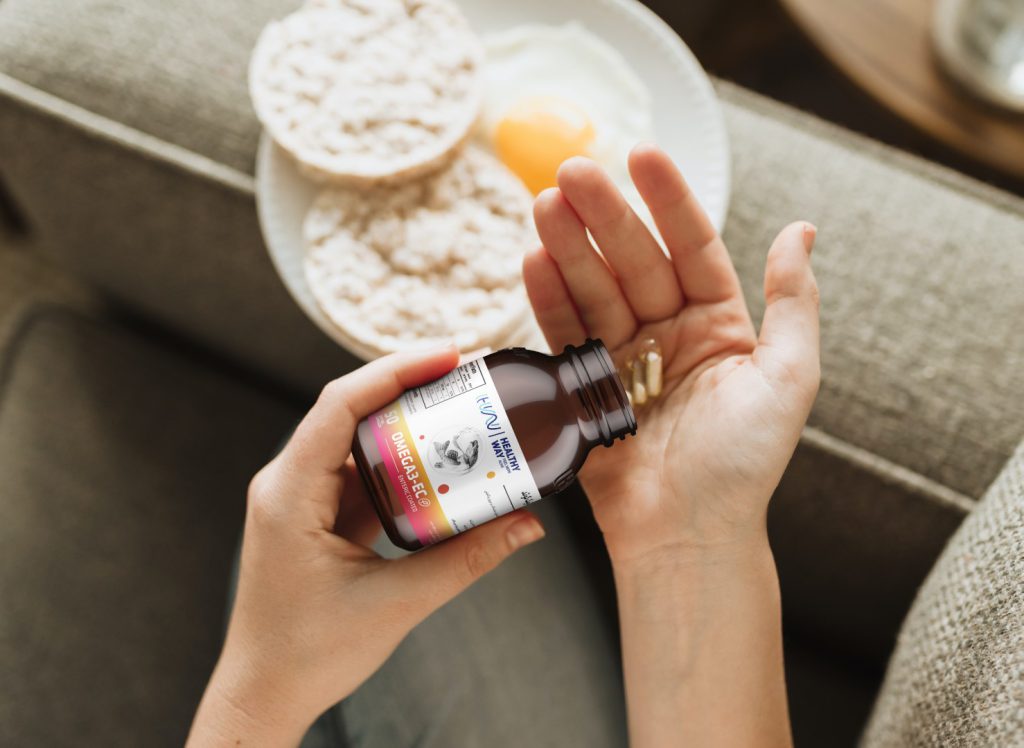
Interaction with Anticoagulants
Case reports have shown interactions between the anticoagulant warfarin and St. John’s wort, ginkgo, garlic, and ginseng. Studies have demonstrated that St. John’s wort increases the metabolism of warfarin, leading to reduce serum levels.
Ginkgo does not interact with warfarin or aspirin directly but has shown antiplatelet activity. In combination with nonsteroidal anti-inflammatory drugs, especially aspirin, ginkgo has been reported to cause severe bleeding, including intracranial bleeding.
Garlic has antiplatelet activity. However, one clinical trial has shown that garlic is safe and has no serious hemorrhagic risk for monitored patients taking warfarin.
Interaction with Cardiovascular Medications
Of all the dietary supplements used by patients with cardiovascular disease, St. John’s wort which is used to treat mood disorders is associated with the most interactions. It may decrease serum levels of verapamil and statins. Blood pressure and lipid levels should be monitored closely if a patient is taking one of these drugs and St. John’s wort.
Interaction with Psychiatric Medications
Although it probably is not its inherent mechanism of action in the treatment of depression, St. John’s wort may have an effect on serotonin levels. It has been associated with serotonin syndrome in patients also receiving a selective serotonin reuptake inhibitor (SSRI). St. John’s wort should be tapered off when an SSRI is initiated. Patients should be cautioned not to initiate St. John’s wort when receiving these drugs.
St. John’s wort decreases serum levels of psychiatric medications metabolized by the CYP450 enzyme system. It has been shown to affect serum levels of benzodiazepines and tricyclic antidepressants, although these changes may not result in a clinical effect.
Interaction with Diabetic Medications
Supplement-drug interactions are not well established in patients with diabetes. However, a number of supplements have intrinsic effects on serum glucose. Ginseng has hypoglycemic activity in patients with diabetes, and this effect might be additive in patients taking oral hypoglycemics or insulin. Chromium and psyllium also have hypoglycemic effects. The effect of these supplements is unpredictable in individuals, and no specific changes in hypoglycemic doses are needed unless blood glucose changes occur.
Interaction with Bulk Laxatives
Psyllium and related bulk-forming laxatives are dietary supplements used for constipation. They can slow or decrease the absorption of many drugs. Psyllium can reduce carbamazepine serum levels and absorption. Additionally, there is a case report showing that psyllium may decrease the absorption of lithium. As a general rule, bulk laxatives such as psyllium should not be taken at the same time as other medications; their use should be separated by several hours to allow absorption to occur.
Reference:
- Vaes LP, Chyka PA. Interactions of warfarin with garlic, ginger, ginkgo, or ginseng: nature of the evidence. Ann Pharmacother. 2000; 34:1478–82.
- Jiang X, Williams KM, Liauw WS, Ammit AJ, Roufogalis BD, Duke CC, et al. Effect of St John’s wort and ginseng on the pharmacokinetics and pharmacodynamics of warfarin in healthy subjects [Published correction appears in Br J Clin Pharmacol 2004;58:102]. Br J Clin Pharmacol. 2004; 57:592–9.
- Tannergren C, Engman H, Knutson L, Hedeland M, Bondesson U, Lennernas H. St John’s wort decreases the bioavailability of R- and S-verapamil through induction of the first-pass metabolism. Clin Pharmacol Ther. 2004; 75:298–309.
- Hammerness P, Basch E, Ulbricht C, Barrette EP, Foppa I, Basch S, et al., for the Natural Standard Research Collaboration. St John’s wort: a systematic review of adverse effects and drug interactions for the consultation psychiatrist. Psychosomatics. 2003; 44:271–82.
- Sierra M, Garcia JJ, Fernandez N, Diez MJ, Calle AP. Therapeutic effects of psyllium in type 2 diabetic patients. Eur J Clin Nutr. 2002; 56:830–42.


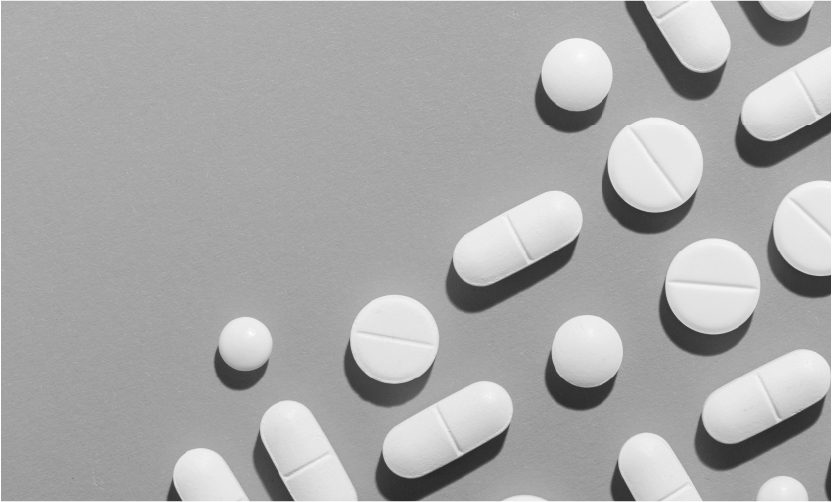





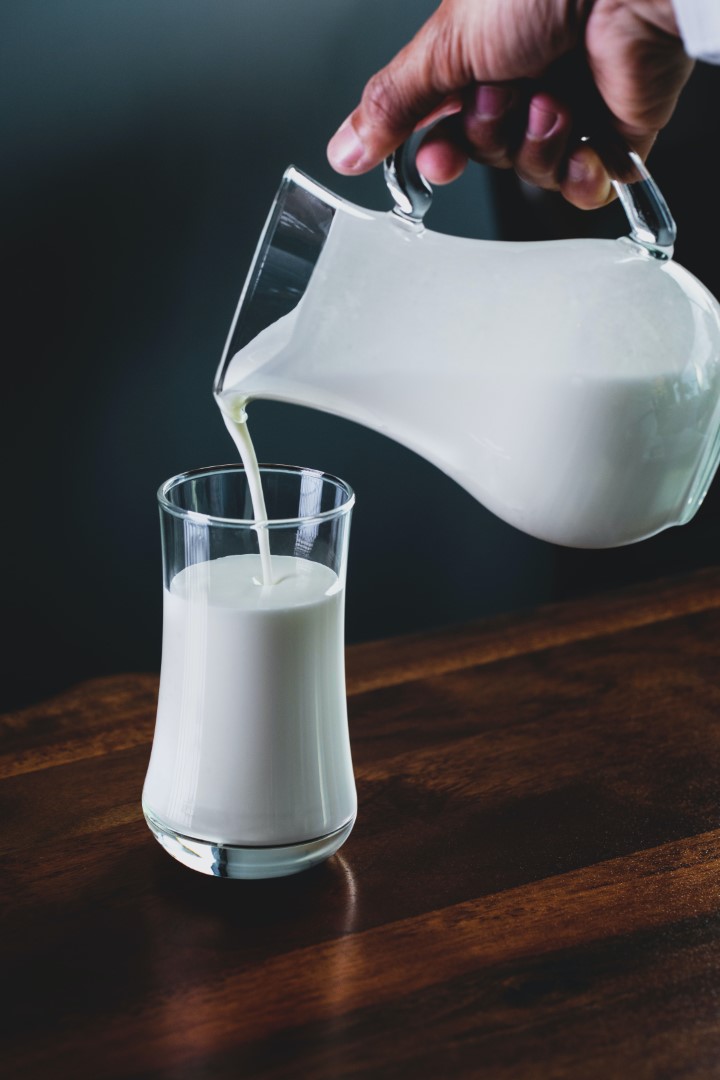

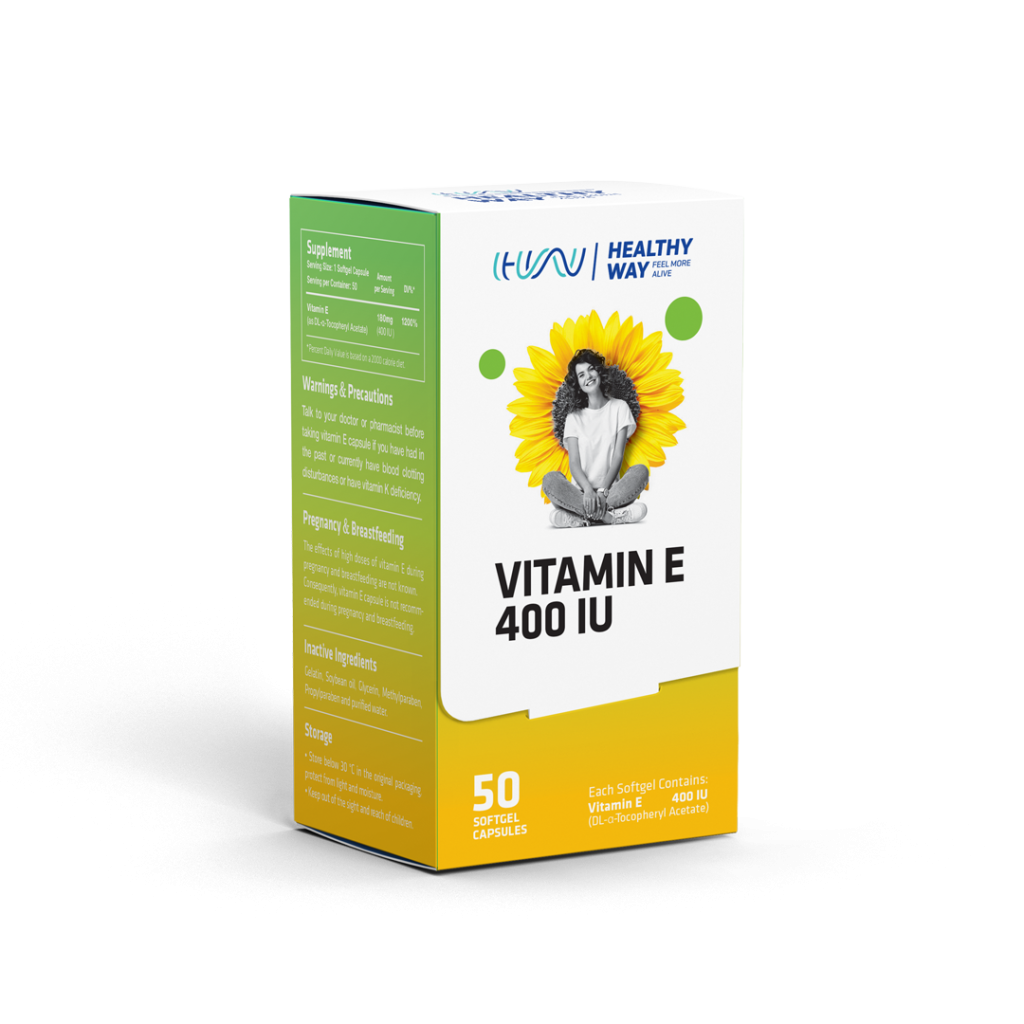
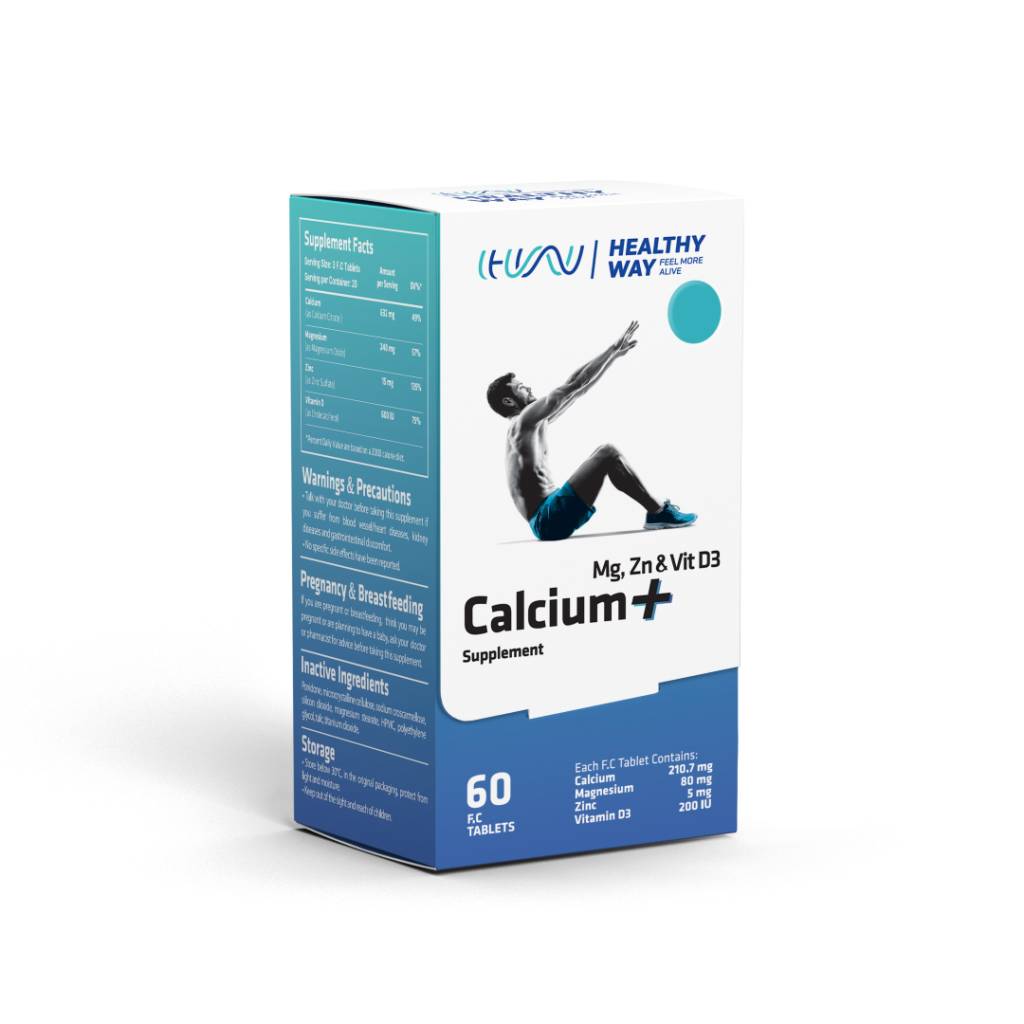
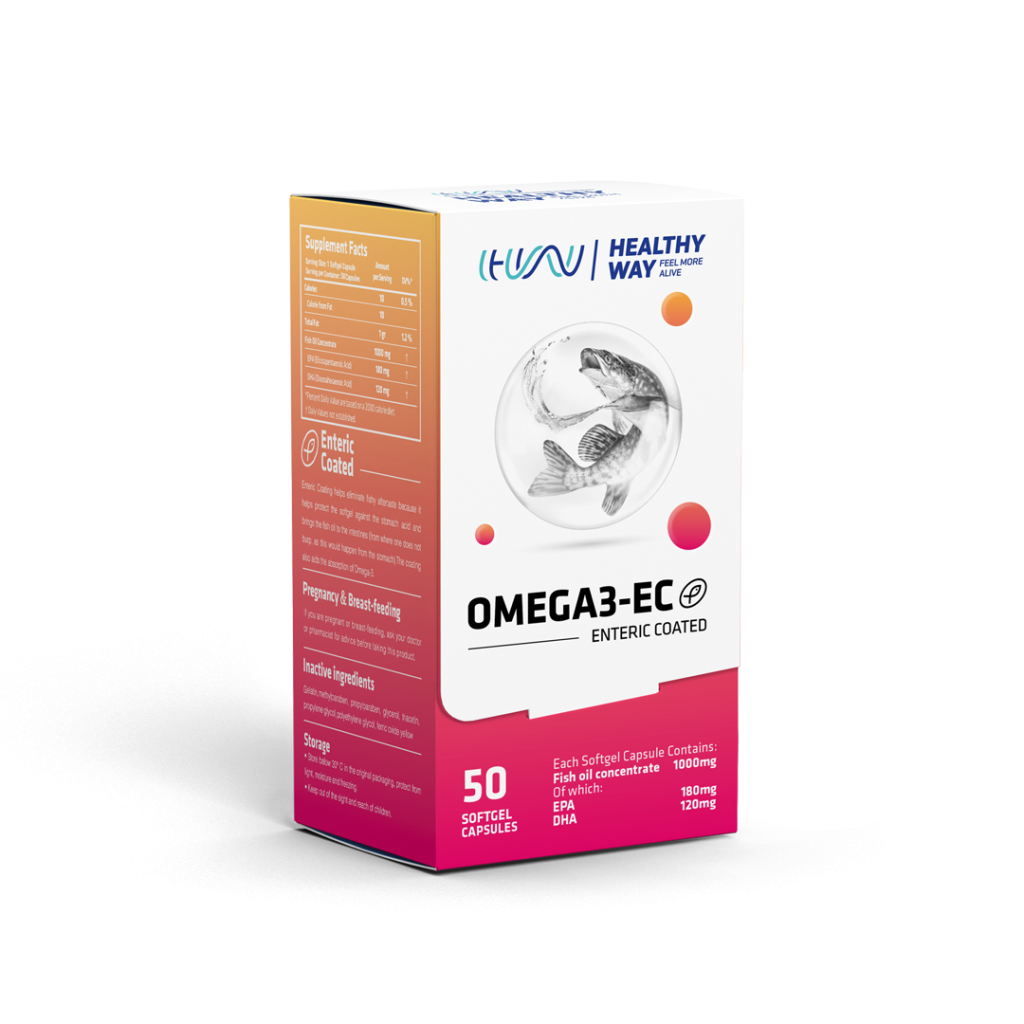
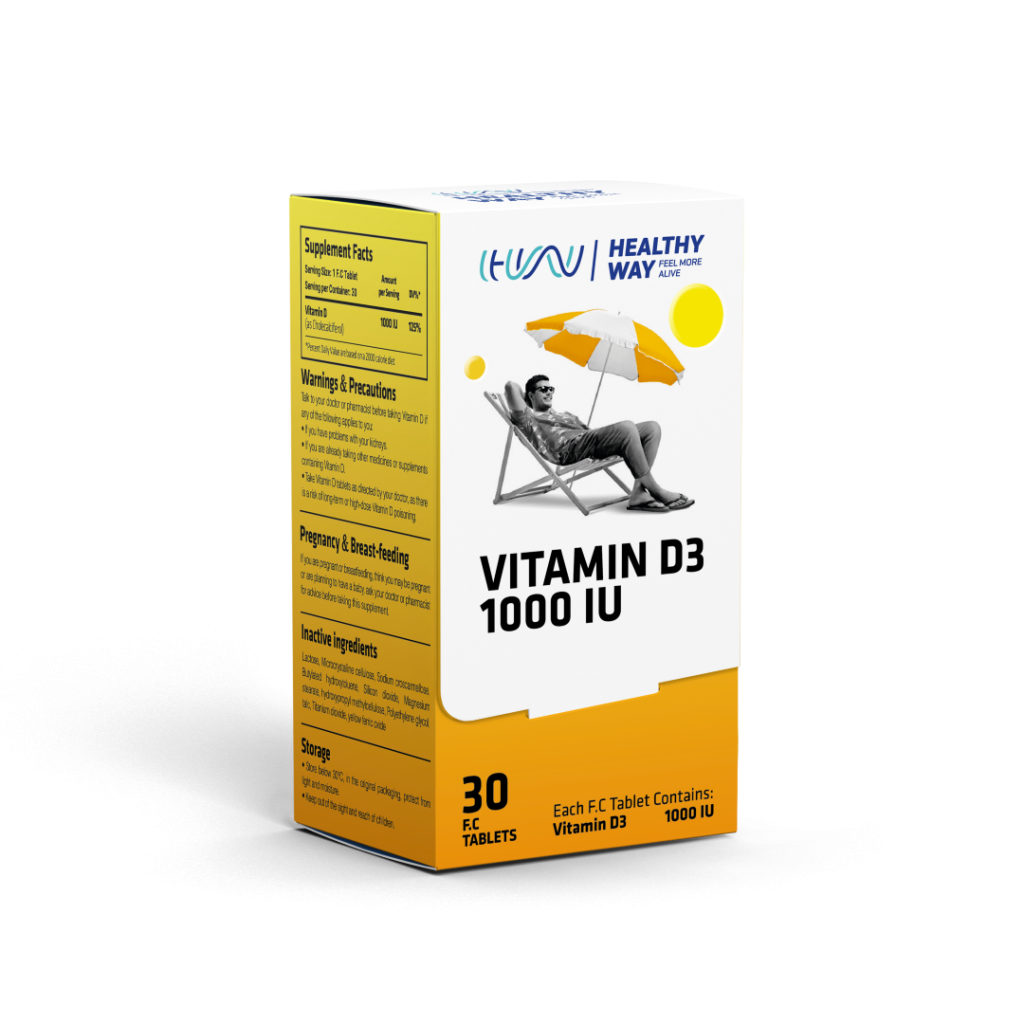
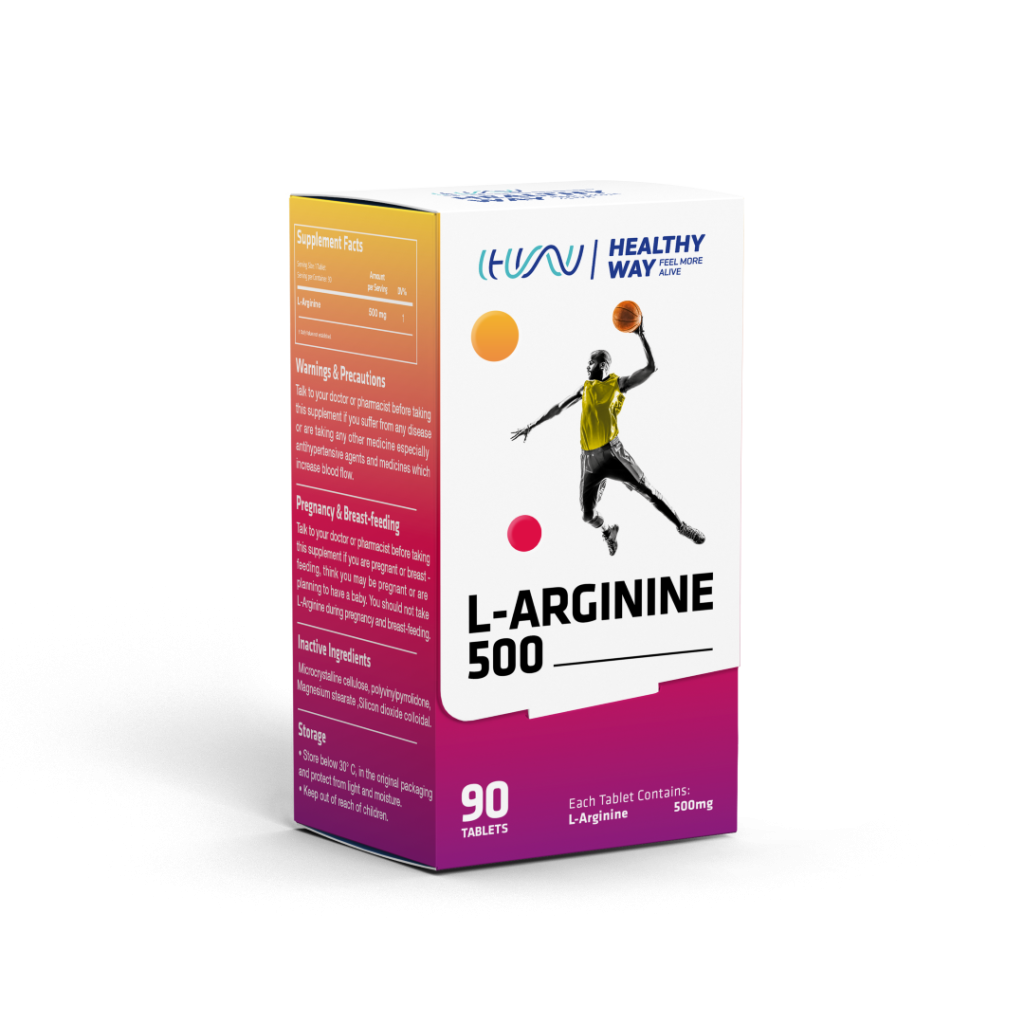
One Response
The following time I read a weblog, I hope that it doesnt disappoint me as much as this one. I imply, I know it was my choice to read, however I actually thought youd have one thing interesting to say. All I hear is a bunch of whining about something that you could possibly fix should you werent too busy looking for attention.